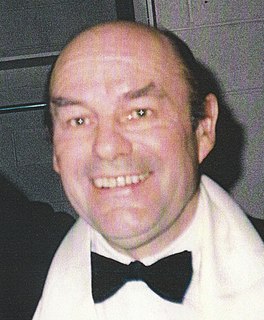A Quote by David Shields
What I'm definitely against is the plodding, paint-by-numbers 19th-century-style novel that's still being written today. I just don't understand why you'd read or write that in 2011.
Related Quotes
The Anglo-American tradition is much more linear than the European tradition. If you think about writers like Borges, Calvino, Perec or Marquez, they're not bound in the same sort of way. They don't come out of the classic 19th-century novel, which is where all the problems start. 19th-century novels are fabulous and we should all read them, but we shouldn't write them.
It's a real enigma why people are so averse to real free market capitalism even now. Here we are, in the century that has seen Lenin, Stalin, Mao, Hitler, Castro, Pol Pot-and we're still being warned against the 'robber barons' of the 19th century. I don't know that Jay Gould or John D. Rockefeller ever killed anyone. The State has killed countless people, and yet we're always supposed to remain on guard against these 'greedy villains' of yesteryear.
Barrie and the wonderful characters he created, Lewis Carroll, even French literature, like Baudelaire or over in the States, Poe, you open those books, you open The Flowers of Evil and begin to read. If it were written today, you'd be absolutely stupefied by the work. It's this incredible period where the work is timeless, ageless. So yeah, I just love all those guys. It's my deep passion in those great 19th century writers.
Today, the District of Columbia has more residents than at least two other states; Puerto Rico has more than 20. With numbers like that, admitting either or both to the union is less a political power play on the Democrats' part than the late-19th-century partisan move that still warps American politics.
There's still a part of me that thinks I have to write a really good novel. I'm not trying to say I'm not happy with the novels I've written in the past. But it always feels to me like there's another one that I have to write that will really say what I want to say, and really paint this world that I can see hazily in my head.
There is not one particular moment that can account for the shift from the social issue concerns of 19th-century evangelicals into the state of American evangelicalism today. Some historical moments are telling. The rise of biblical criticism in the 19th century forced evangelicals to make choices about what they believed about the gospel.



































